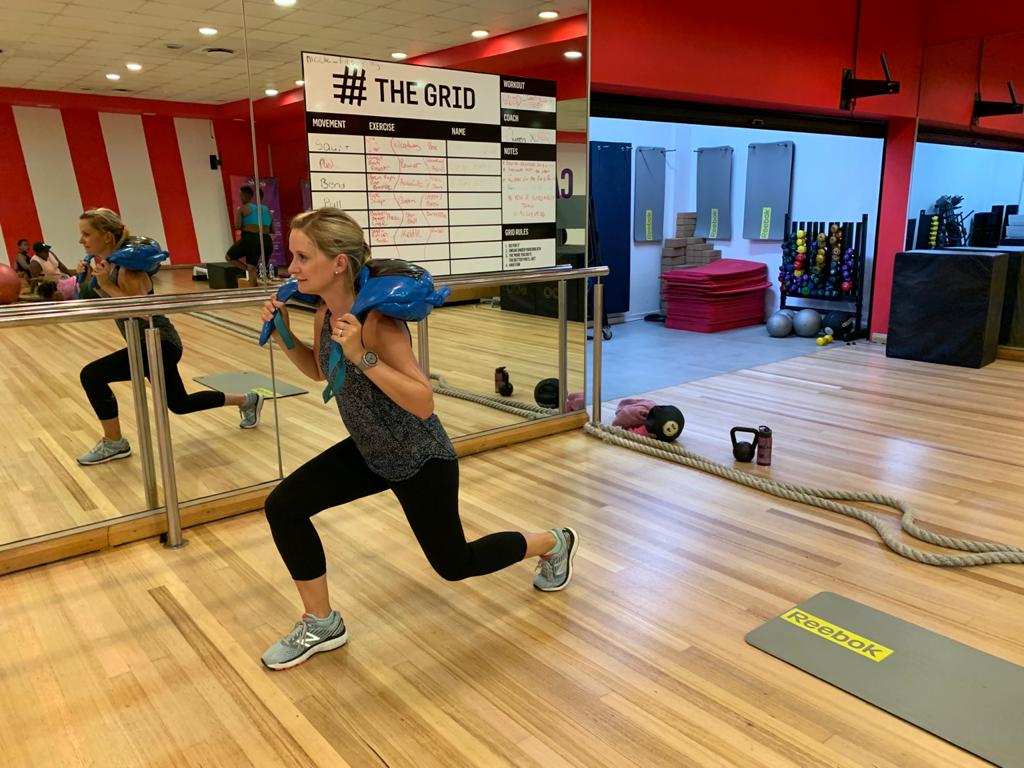
London Marathon 2020 – The battle between Kenya and Ethiopia
August 27, 2020
Two Oceans Marathon Women’s Highlights
October 10, 2020How to Reduce the Risk of Injury while Training for a Marathon

If you are about to take on training for a marathon, congratulations! Nothing beats the feeling when you cross that finishing line and have the special medal to celebrate your success. Marathons do come with hard work, however, and they are tough on our bodies. As a result, injuries are possible, especially if you are a first-time marathoner. So how do you ensure you get to the start line without an injury? Here are my top tips to reduce the risk of injuries while training for a marathon:
1. Build a good base beforehand
Before you begin to train for a marathon, it is important to have a good running base behind you. You should be running regularly and be comfortable with that. It is also sensible to have completed one or more half marathons. This means your body will already be very well conditioned to running frequently and longer, which are good signs you are ready to take on the bigger mileage of marathon training. This is an important factor in helping you to reduce your injury risk.
2. Pick the right training plan for you and build up slowly
When you are choosing your training plan, pick one that suits you, and one that is the right length of time for you. How long you will need to train for will depend on your starting level of fitness and what mileage you do already. Ideally, your programme should be 16 weeks long, but if you are training for your first marathon, you may want to allow up to 6 months, especially if you are starting from a lower level of fitness. It takes time for our bodies to get used to the load of running so this time will allow you to build up your training gradually, which will help to reduce your injury risk.
There are many different marathon training plans out there that suit different abilities and goals. If you are not sure which one is best for you, using a running coach is a great option. They will devise a structured training plan tailored to you and they will also be able to offer helpful support and advice.
3. Set a realistic goal
If you want to set yourself a goal for your marathon, ensure this is realistic.
Runners who set their targets too high are at risk of doing too much too soon in training, which has a strong link with injury. If you are a first-time marathoner, you may want your goal to simply be to finish the marathon and not aim for a particular time. This helps to take off the pressure, and improve the chance of you sticking to a training programme that is realistic for you.
4. Factor in enough rest and sleep
When training for a marathon, it is vital to factor in enough rest, recovery and sleep. This is because it is when we are recovering from the training we do that our bodies repair and become fitter and stronger. Without enough rest, you can risk overreaching and training on a tired and unrecovered body, which can lead to injury. Most marathon training plans include a weekly rest day and a recovery week every few weeks to factor in longer-term rest, which is important.
As well as rest days, adequate sleep is also vital as it helps your body to repair and recover from your training. Ideally, you should get at least 7 hours of sleep a night, but as we all have our own individual requirements for sleep, it is important to listen to what your body needs. If you are consistently feeling tired, try to factor in more sleep if you can and power naps can also help if they are possible to fit in.
5. Have good nutrition
To fuel your marathon training well and to help you recover optimally, good nutrition is essential. Firstly you may need to increase your overall calorie intake to meet the demands of your training. It is also important to take on board a snack or meal within 30 minutes of a training session that contains both carbohydrates and protein, as this will help to optimise your recovery. Carbohydrates replenish your glycogen stores and protein helps to repair the effects of exercise. You will also need to practice nutrition and hydration during your long runs, so you fuel and hydrate these adequately.
6. Strength train

Strength training is very important for runners, but even more so when taking on the challenge of a marathon. If you have built a good strength base before you begin marathon training, this will put you at an advantage and will help to reduce your risk of injury. Strength training also helps to improve your running performance.
Some runners find it difficult to fit in strength work around marathon training as more time is spent running. But if you can prioritise strength training, you will find it beneficial. It doesn’t need to take up too much time either – 2-3 sessions a week is enough and you don’t need to spend hours on it. A programme that works your main leg muscles, glutes and core is adequate and don’t be afraid to go heavy with the weights. Exercises with heavier weights that fatigue you quickly are more effective for improving running performance and running economy, and also reducing injury risk. Read more about strength training for runners in my article.
7. Monitor your running shoes
Running shoes only have a certain amount of mileage in them before they lose their support and cushioning. This is normally after 400-600 miles of use. If you run with shoes that are worn out, it can increase your risk of injury. As you will be doing higher volumes of mileage, keep track of how much running you have done in your shoes and look for signs, they may be ready to be replaced. These include the tread on the soles wearing out, holes or wear in the fabric and a general appearance of a worn shoe. Niggles are also signs of needing new shoes, so if you experience any check your shoes and their mileage.
I hope you have found these tips helpful and good luck with your marathon training! Gemma Oates @therunnerphysio is a Specialist Musculoskeletal and Running Physiotherapist and our Africa Marathons Physiotherapist and writer. She has extensive physiotherapy experience and has a huge passion for running. In her blogs, she shares her expertise as a physiotherapist in running, health and fitness. For more of Gemma’s articles, you can visit her website The Runner Physio.


